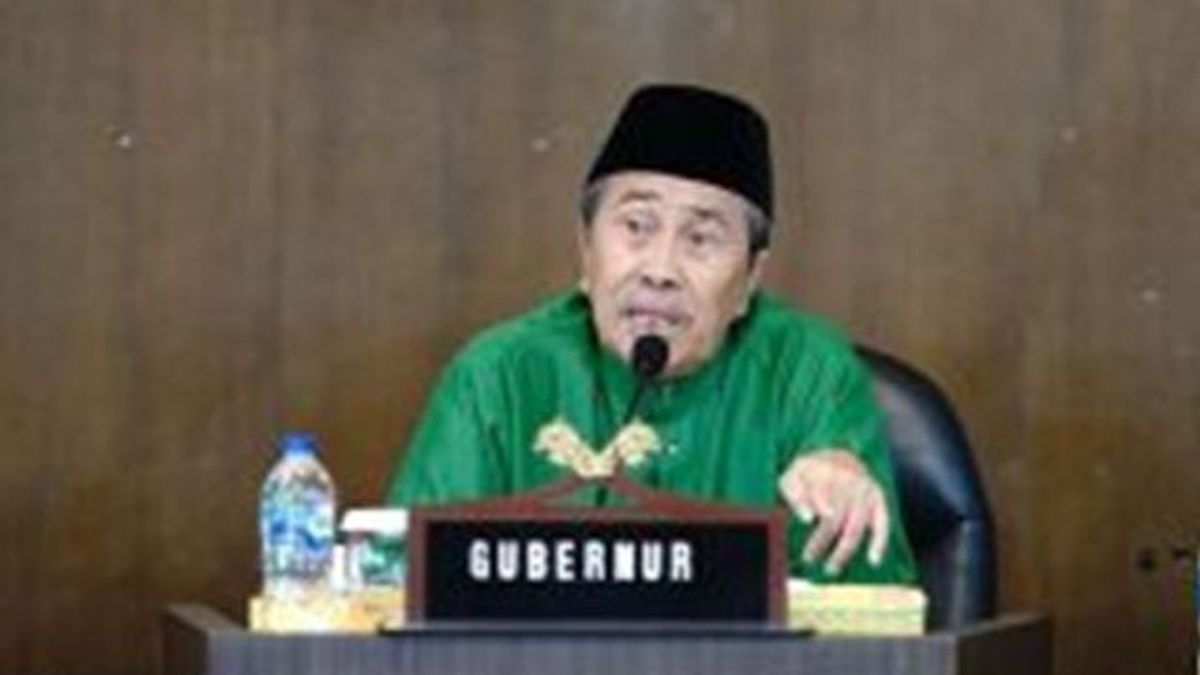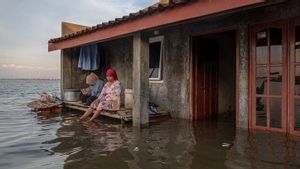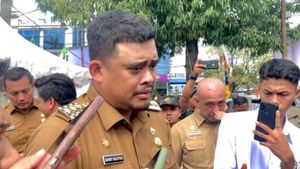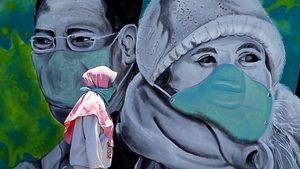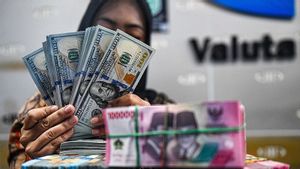JAKARTA - The Riau Provincial Government is trying to alleviate extreme poverty in 2024. This is done through the provision of direct cash assistance, scholarships, livable houses, and the provision of ASN zakat managed by the local National Amil Zakat Agency (Baznas).
"Based on data from the Riau Province Bappeda, there were 100,330 people who were included in the extreme branch category in 2022 or an increase of 21.7 thousand people when compared to data in 2021, which was 78.63 thousand people," said Riau Governor Syamsuar in his statement in Pekanbaru, Monday, February 20, quoted by Antara.
Elimination of extreme poverty requires collaboration of all parties including Baznas and an unusual approach, among others, through zakat managed by Baznas Riau.
Therefore, he said, as a non-structural institution responsible to the president, Baznas must assist the work programs of the government and local governments and prioritize priority issues in carrying out their duties.
He hopes that Baznas manages people's funds more transparently and on target because the Riau Provincial Government has data on extreme poor and poor families who have not received assistance from any institution and really need help so that they can rise and prosper.
Meanwhile, the Chairman of the Riau Province Baznas, Masriadi Hasan, said that extreme poverty alleviation was also found in the purpose of Baznas.
The purpose of managing zakat is collected from ASN payrolls by issuing 2.5 percent of their income to increase the benefits of zakat in order to realize the welfare of the community and poverty reduction.
"Baznas is a non-structural government institution that works in accordance with the mandate of Law Number 23 of 2011, and Government Regulation number 14 of 2014," said Masriadi Hasan.
Extreme poverty is a condition of inability to meet basic needs, namely food needs, clean drinking water, proper sanitation, health, shelter, education, and access to information that is not only limited to income, but also access to social services (United Nations, 1996).
Based on the World Bank, the extreme poor are residents who meet the needs of daily life of no more than USD 1.9 PPP (Purchasing Power Parity). Purchasing Power Parity is a price unit that has been adjusted so that the value of currencies in various countries can be compared to one another.
The English, Chinese, Japanese, Arabic, and French versions are automatically generated by the AI. So there may still be inaccuracies in translating, please always see Indonesian as our main language. (system supported by DigitalSiber.id)
